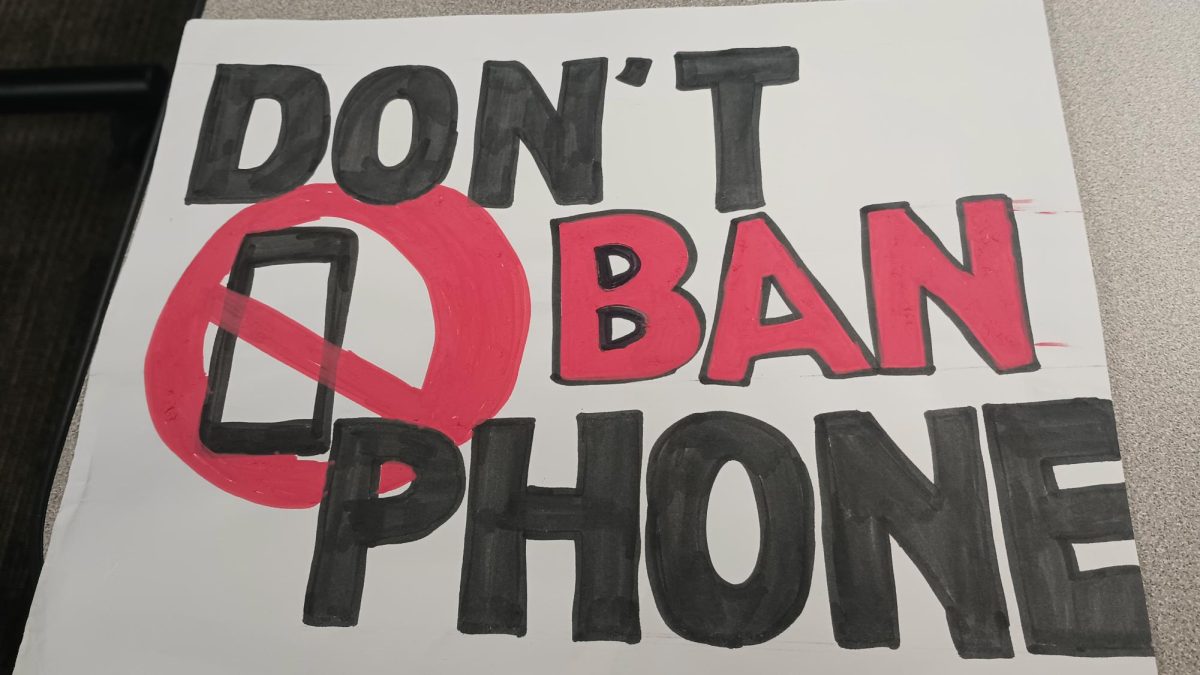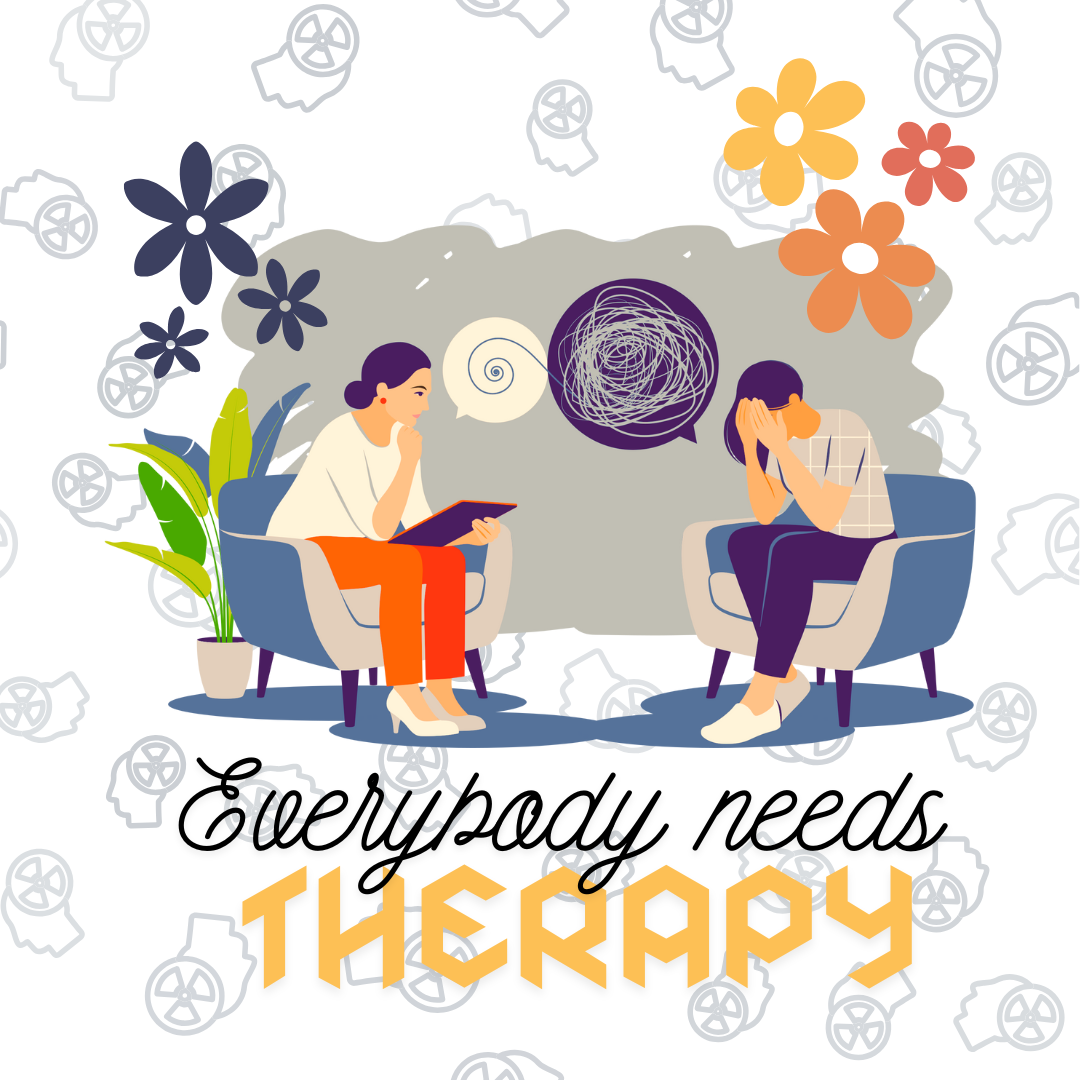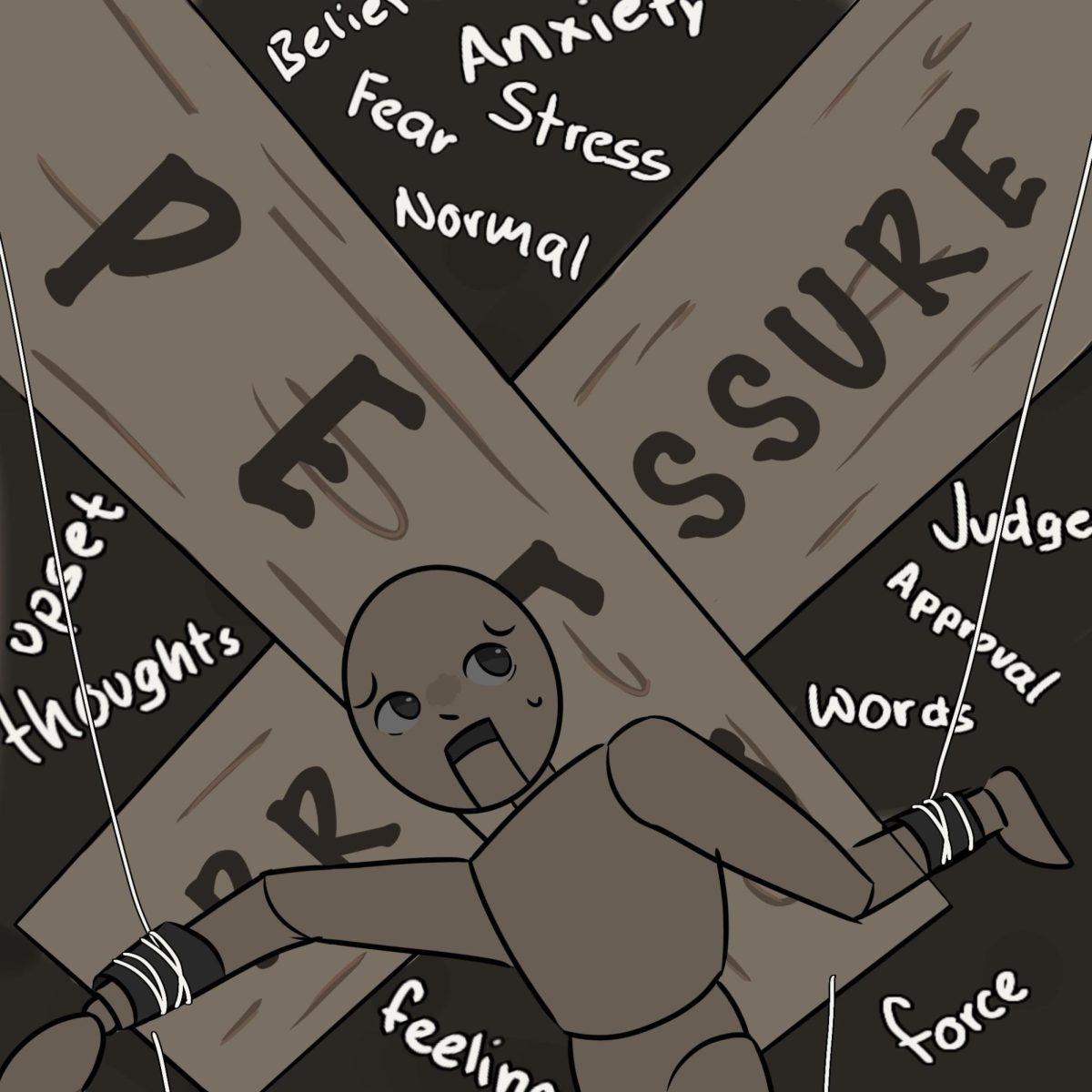Streaming platforms are buzzing with new documentaries, dissecting the gruesome acts committed by another person. The lead roles are fulfilled by none other than Hollywood’s favorite charismatic actors. From Netflix originals to Spotify podcasts, true crime continues to grow into more of a phenomenon.
While some viewers rattle their brains to figure out what could motivate someone to commit such horrific acts, others find themselves captivated by the charm of the A-list actors portraying these criminals. As this genre continues to expand, the public's fascination grows. The allure of gore stems from our desire to understand the psychology behind criminal acts. However, this trend raises questions about the impact of romanticizing criminals and the role social media plays in intensifying their fame.
True crime originates from 16th and 17th century Britain, where authors published numerous reports of crimes. Around the 19th-century, these writings continued to circulate and even newspapers began covering these violent crimes. Interest grew in this topic, leading to even more publications, even popular authors at the time wrote of true crime. America’s fascination with gore only continued to grow. What is it about true crime content that captures the attention of many?
Jeffrey Pedroza, a psychology professor at Santa Ana College, shines light on this occurrence.
“I truly believe people are genuinely interested in any pathological, unusual behaviors. We seek to provide answers of why people are capable of such horrendous acts against each other or themselves. Some are motivated by the underdog, the anti-hero, the person that goes against the establishment,” Pedroza said.
While the gruesome details of their crimes often capture initial attention, to many their interest lies with the perpetrator. These serial killers have imprinted in history, remembered mainly for their criminal legacies.
“We believe they made their impact in history. People will remember them for their accomplishments. Not scientific, academic, or altruistic accomplishments, but criminal acts,” Pedroza said.
Pedroza further emphasizes the appeal towards serial criminals.
“The need for attention and fame is especially prominent in our world dominated by social media… We look to rebels to understand how they did it. We admire them. Perhaps not their actions, but their fame,” Pedroza said.
The popularity of such criminals continues to grow, fueling a demand for more content centered around their stories. Entire documentaries or series may be dedicated to the life of a serial killer, tracing a timeline from their youth to their first offense, detailing each crime, all carefully packaged into a twelve-episode series. As audiences consume this content, their gaze is inevitably drawn to the actors cast in the lead roles.
When it comes to the portrayal of these criminals on screen, it is not uncommon to see actors being romanticized, even when playing villainous characters. Audiences often blur the line between fiction and reality, focusing more on the actors' allure rather than the roles they depict.
“Certain actors do have certain charisma and people correlate good looks with good intentions, or perhaps seeing the good in the actors despite their hideous roles they play,” Pedroza said.
Freshman Emily Flores, expresses the moments she had witnessed the fondness over actors in criminal roles.
“I’ve seen romantic posts about real criminals and the actors who play them. I remember seeing a lot about Nicholas Alexander Chavez after the series about the Menendez brothers…people were obsessing over how they look,” Flores said.
These on-screen figure put a pleasing face on these brutal cases. Watching them perform often makes viewers forget that they are just playing a role, that there is more detail behind this character and their crime. But whether it be an actor or real-life criminals themselves, fans romanticize these figures. Some might even share their admiration across social media platforms.
Social media, a place where these admirers can connect and share their reverence, fuels the engagement with such criminal figures. Online, fans can post, comment, or like any content of these characters while being supported and encouraged.
“I think the media will sell whatever is popular, so if it picks up on the story that has a certain serial killer or actor playing the serial killer, and that story is getting noticed, it will continue and repeat the information that this serial killer is adored by many fans,” Pedroza said.
Flores highlights the ways many fans display their admiration online.
“People make video edits, fan pages and memes that focus on the criminal’s appearance or the actor’s charm. Sometimes it feels like people forget the reason why these people had so much attention in the first place because they became too focused on how attractive they are,” Flores said.
The fascination of these criminal characters extends beyond a screen.
In the case of Luigi Mangione, this 26-year old from Maryland was deemed a suspect in the murder of UnitedHealthcare CEO, Brian Thompson. A death that stunned many also struck controversy across social media. Many viewed this as pure murder, while others saw this as an act of service and praised this new found vigilante. Awed and starstruck, fans quickly ran to social media to express their admiration and support.
“A lot of people online started romanticizing him, even though they knew he was the prime suspect in a murder case. People paid more attention to him because they thought he was attractive. I personally believe that if he hadn’t been so attractive most people wouldn’t have cared what happened to him,” Flores said.
Despite their gruesome actions, many criminals gain fan bases, raising the question: Has "pretty privilege,” the concept that attractive individuals receive unearned advantages, fog our perception of them?
“I do think people who are conventionally attractive can sometimes get away with more things. Society tends to treat good looking people better, and that includes how we react to their mistakes or even serious crimes,” Flores said.
As true crime evolves, so does the concern over how society romanticizes criminals. Social media plays a major role, allowing fans to share admiration for both the actors portraying these figures and the criminals themselves. The glamorization of violence, especially when paired with conventionally attractive faces, raises difficult questions about the impact appearance plays in shaping public perception.


































